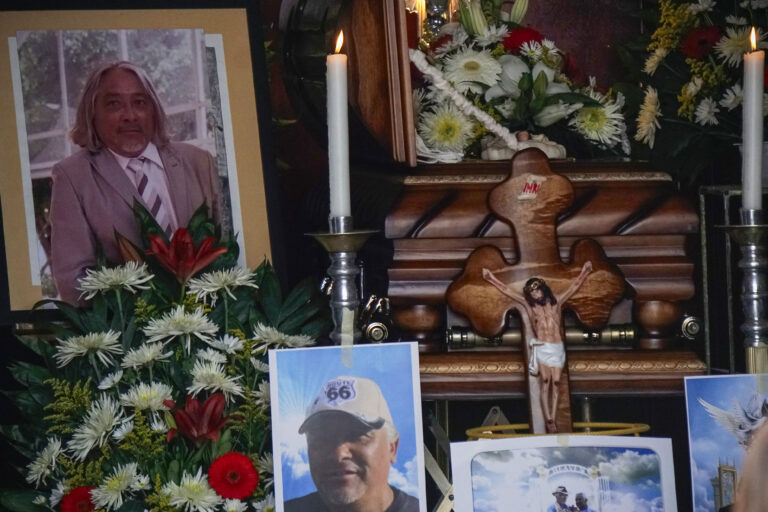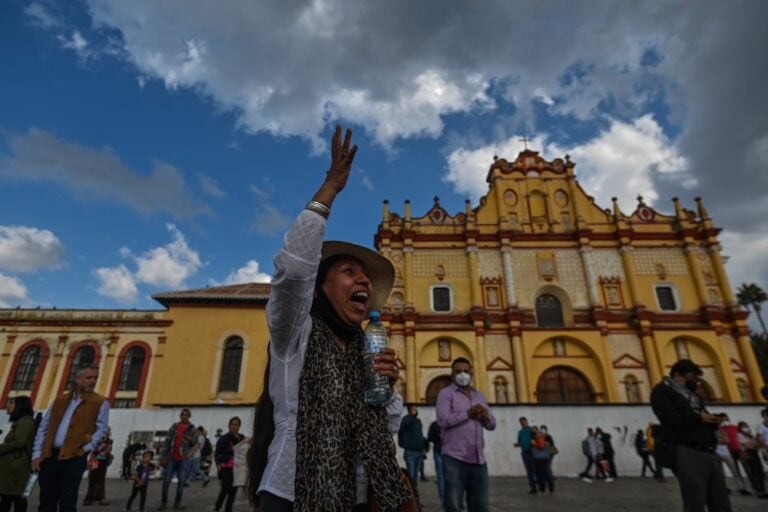The government's repeated failure to protect the human rights of journalists, its complicity in a number of rights violations against them, and the web of laws that limit free expression and effectively gag journalists who seek to expose government corruption are examined in the report.
(PEN Canada/IFEX) – June 3, 2011, Toronto – In a report released today, “Corruption, Impunity Silence: The War on Mexico’s Journalists”, PEN Canada and the International Human Rights Program (IHRP) at the University of Toronto, Faculty of Law expose the Mexican government’s repeated failure to protect the human rights of journalists, its complicity in a number of rights violations against them, and the web of Mexican laws that limit freedom of expression and effectively gag journalists who seek to expose government corruption. The report was authored by Master’s students at the Faculty of Law and is based, in part, on interviews with Mexican human rights defenders and journalists conducted during a fact-finding trip in November 2010.
Mexico is one of the deadliest countries in the world to be a journalist; media workers are regularly targeted for murder, kidnappings, threats, and judicial harassment. In the past five years, nearly 70 journalists have been killed. While violence against Mexican journalists has been widely documented in the media, government officials are widely quoted as placing the blame squarely on drug trafficking organizations. “Corruption, Impunity, Silence” exposes the central role of the Mexican state in perpetuating the problem by ensuring impunity and creating a culture where exposing government corruption and collusion is next to impossible. It also highlights the specific attacks against community radio journalists who face no specific threat from drug trafficking organizations but are targeted by state officials who view them as a threat.
In an op-ed published today in the Globe and Mail, Canada’s largest-circulation national newspaper, John Ralston Saul, the International President of PEN International, references “Corruption, Impunity, Silence” and questions the mutual self-congratulation by western governments when it comes to Mexico’s human rights record: “Until the governments of Canada and the United States and bodies such as the European Parliament question the façade of reassuring rhetoric, Mexico’s lethal war on journalists will continue. This war, commonly described as a struggle against drug lords, has a great deal more to do with decades of government corruption; police, military and political links to organized crime; and institutionalized limitations on freedom of expression.” In short, it is time to hold the Mexican government accountable.
Luis Najera, 2010 press freedom award recipient and Mexican journalist who obtained refugee status in Canada as a result of death threats made in retaliation for his journalism, states: “The Mexican government will not act without external pressure to do so. If the global community does not take up our cause, there will be more dead journalists.”


